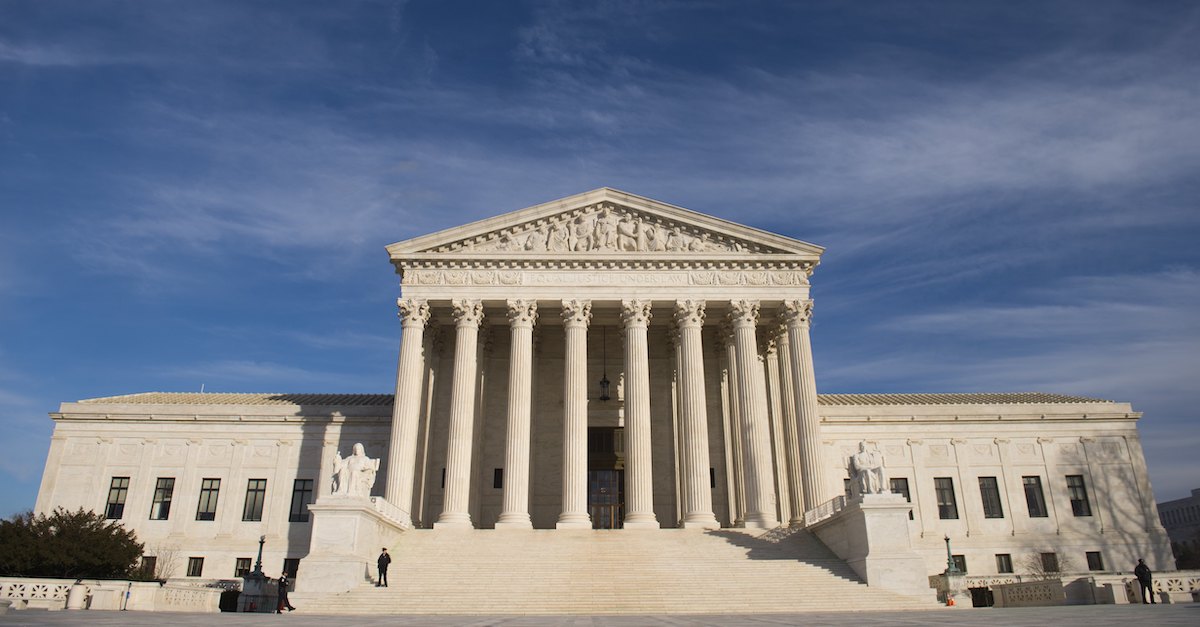
Several legal experts testified during a House Committee hearing Friday, recommending that the United States Supreme Court establish a code of ethics for the court’s justices as a means of promoting greater transparency and accountability. Testimony was provided by Gabe Roth, the Executive Director at Fix the Court, Amanda Frost a professor of law at American University Washington College of Law, Charles Geyh a law professor at Indiana University Bloomington, and Russell Wheeler, a visiting fellow at the Brookings Institution.
All four experts testifying agreed that adopting a new ethical code would be in the best interest of the court, and similarly agreed that the best way to implement such a code would be for the justices to willingly adopt it themselves. Geyh noted that Congress does have the authority under the Constitution to establish a code of conduct for the justices, but said it would certainly be preferable for the justices to develop their own rules, independent of the legislature.
While the high court’s justices must already abide by an ethical code, many of the experts noted that the current code does not sufficiently address modern ethical standards.
“The impartiality of our judiciary should be beyond reproach, so having a basic ethics code for its members to follow is a natural outgrowth of that common value, one that should be no less rigorously applied to our nation’s highest court,” Roth testified.
He added that disclosures from the court are particularly opaque, especially when sought out by the general public.
“To the outside observer, the current protocol makes it seem as if the judiciary is hiding something. […] With members of the judiciary already filling out and filing their reports digitally, the public should obtain them the same way, without having my organization act as the middleman,” Roth said.
Frost told the subcommittee that holding a hearing on the topic was a good first step in the process.
“Part of what I care about is not just the reality of impartial and fair justice, but the public’s perception of the courts,” she said, adding, “There have been signals by the justices that the court is considering rethinking adopting a code of ethics.”
However, the experts also warned that a congressionally imposed discipline on the justices could be a double-edged sword.
“Setting up a disciplinary mechanism for justices would be a cure worse than any disease of occasional judicial misconduct,” Wheeler said.
But all seemed to agree that having codified ethical provisions in place would provide criticism from the public more “bite,” and encourage compliance with such codes, Frost said.
Rep. Hank Johnson (D-Ga.), the chairman of the Subcommittee on Courts, Intellectual Property and the Internet already introduced a bill that would require the justices to adopt a code of ethics and said he was “heartened” by to hear that Chief Justice John Roberts was considering whether the court should adopt a code of its own, according to reports from Bloomberg.
Image via SAUL LOEB/AFP/Getty Images]
Have a tip we should know? [email protected]